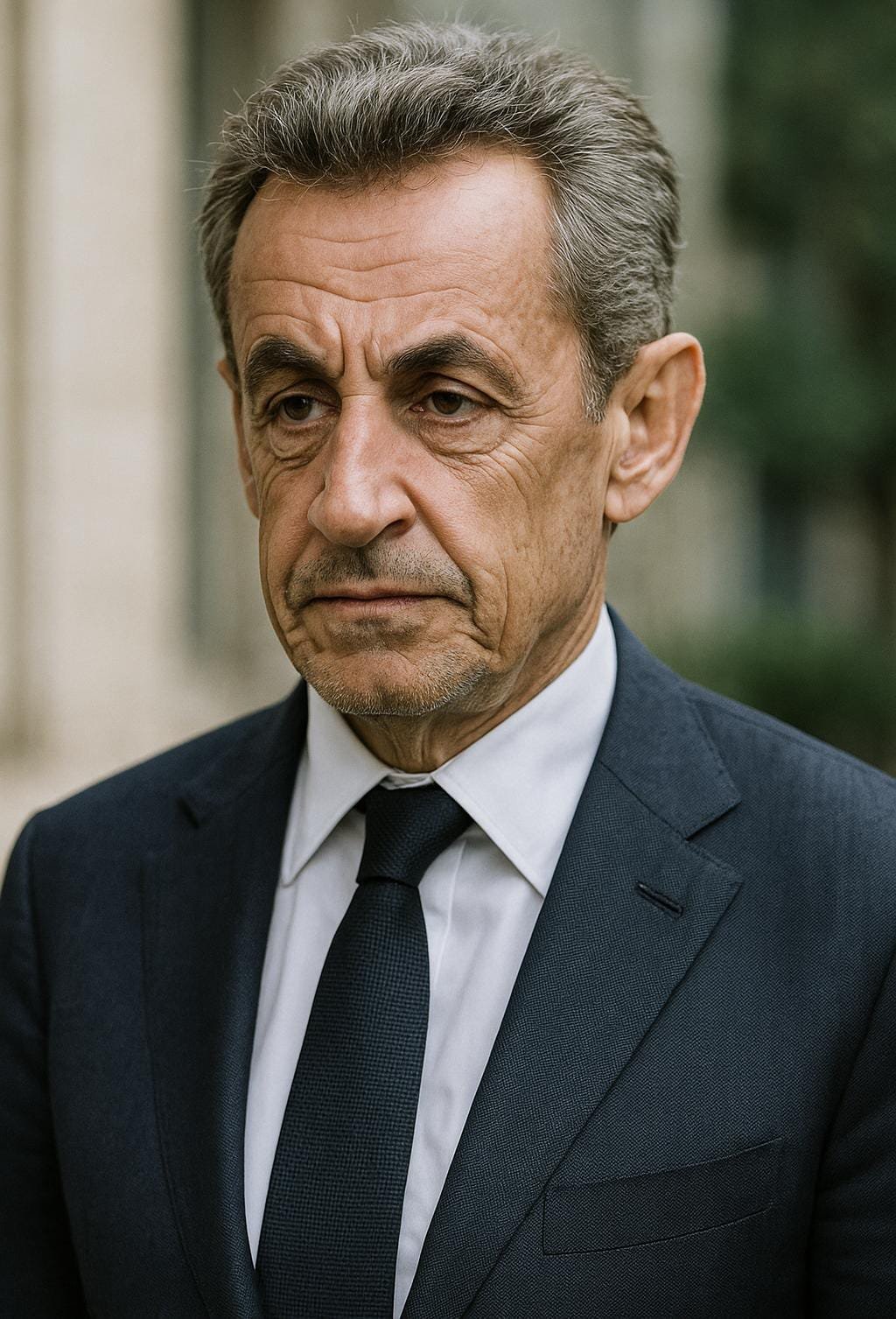
Once a towering figure in French and global politics, Nicolas Sarkozy now finds himself navigating the twilight of his career under a dark cloud of legal disgrace. The former French president, known for his combative political style and charisma, has been stripped of the Legion of Honour, France’s most prestigious civilian award, after being convicted of corruption — a move that further tarnishes a legacy once built on reform and ambition.
The decree stripping Sarkozy of the honour was made public on June 16, 2025, marking a symbolic fall from grace. It follows a 2021 conviction for trying to illegally obtain information from a magistrate about an ongoing investigation into his affairs. In December 2023, France’s highest court of appeals upheld the ruling, sentencing Sarkozy to a one-year prison term, which he served under electronic surveillance. The electronic tag was removed only last month.
From Presidential Glory to Legal Infamy
Sarkozy, who served as president of France from 2007 to 2012, was once seen as a right-wing reformer in the mould of Ronald Reagan or Margaret Thatcher, promising to make France more competitive in the global economy. But since his electoral defeat in 2012, legal troubles have hounded him, culminating in multiple graft-related trials.
Despite attempts by allies to paint the legal process as politically motivated, France’s judiciary has been resolute. According to the code of the Légion d'honneur, any individual sentenced to a prison term of one year or more is automatically excluded from the order unless the sentence is suspended, which Sarkozy’s was not.
With this decision, Sarkozy becomes only the second former French head of state to be stripped of the honour, after Philippe Pétain, the Nazi collaborator whose wartime betrayal led to his execution in disgrace in 1945.
A Club of the Fallen: From Bashar to Weinstein
Sarkozy now joins a list of disgraced public figures stripped of the honour, including Syrian President Bashar al-Assad, disgraced cyclist Lance Armstrong, and Hollywood mogul Harvey Weinstein, a company no statesman would wish to keep.
Yet, the case of Sarkozy stands out for its complexity. This is not merely a case of misused public funds or moral failing. It is about the attempted subversion of judicial processes, a former president accused of manipulating institutions for personal gain.
His lawyer, Patrice Spinosi, acknowledged that Sarkozy had “taken note” of the decree but noted that a petition is pending before the European Court of Human Rights (ECHR). The appeal seeks to challenge not just the stripping of honours but the legitimacy of the conviction itself. If the ECHR rules in Sarkozy’s favour, it could open the door to reevaluating the case and perhaps even reinstating the honour.
A Still Incomplete Fall?
Despite his conviction and the loss of prestige, Sarkozy continues to wield influence in right-wing political circles. He is known to maintain regular contact with current political leaders, including President Emmanuel Macron, who had reportedly advised against stripping Sarkozy of the Legion of Honour, arguing that “former presidents should be respected” and not humiliated.
But the symbolism of this act is undeniable. The stripping of the nation’s highest honour sends a clear message to the French public and international observers: no one is above the law, not even a former president.
Trouble Still Brewing: Gaddafi Connection and More
The legal woes for Sarkozy are far from over. He is currently facing another trial, this time for allegedly accepting illegal campaign financing from the late Libyan dictator Muammar Gaddafi during his 2007 presidential campaign. The charges are serious. Sarkozy is accused of receiving tens of millions of euros in cash from Gaddafi’s regime in what could be one of the most explosive political financing scandals in European history.
Prosecutors in this case are seeking a seven-year prison term, and a verdict is expected in September 2025. Sarkozy has denied all charges, calling them “absurd” and politically motivated. Yet, the allegations have already stained his image internationally and weakened his standing even among former allies.
A French Reckoning, A Global Lesson
Sarkozy’s descent is not just a French story. It is a tale of how democracies, especially mature ones, grapple with the accountability of their leaders. France has shown a rare willingness to prosecute its elites, unlike many other democracies where the powerful are rarely held to account.
What makes this saga even more compelling is its timing. As democracies around the world face rising populism and institutional erosion, France’s judiciary is asserting that even the highest office in the land cannot shield one from justice.
Whether Sarkozy is ultimately exonerated or further condemned, his story is a cautionary tale, not just about personal hubris but about the fragility of democratic trust. The Legion of Honour, once a medal on his chest, is now a distant memory, a symbol not of glory but of how far one can fall when ambition turns to arrogance.
Insightful Take
Sarkozy’s current legal battles may still play out for years, but the erosion of his legacy has already begun. He may still have friends in high places and defenders in courtrooms, but in the court of public honour, the one most visible to future generations, Nicolas Sarkozy now wears not a medal, but a mark of disgrace.


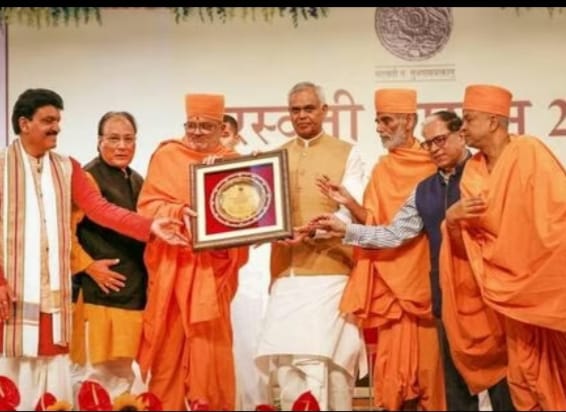
.jpeg)


.jpeg)


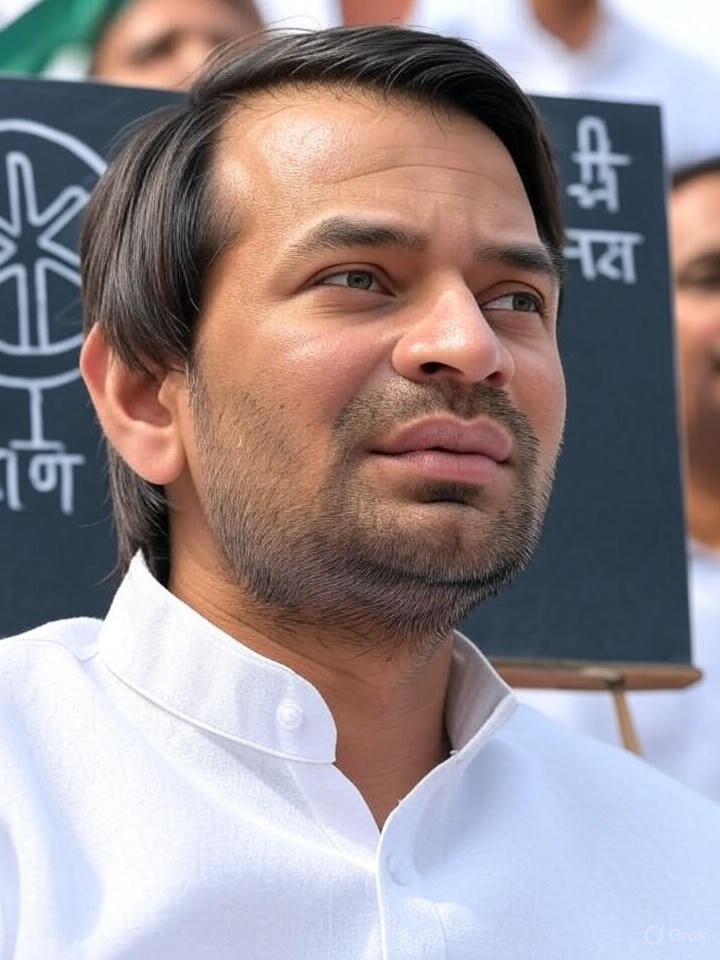
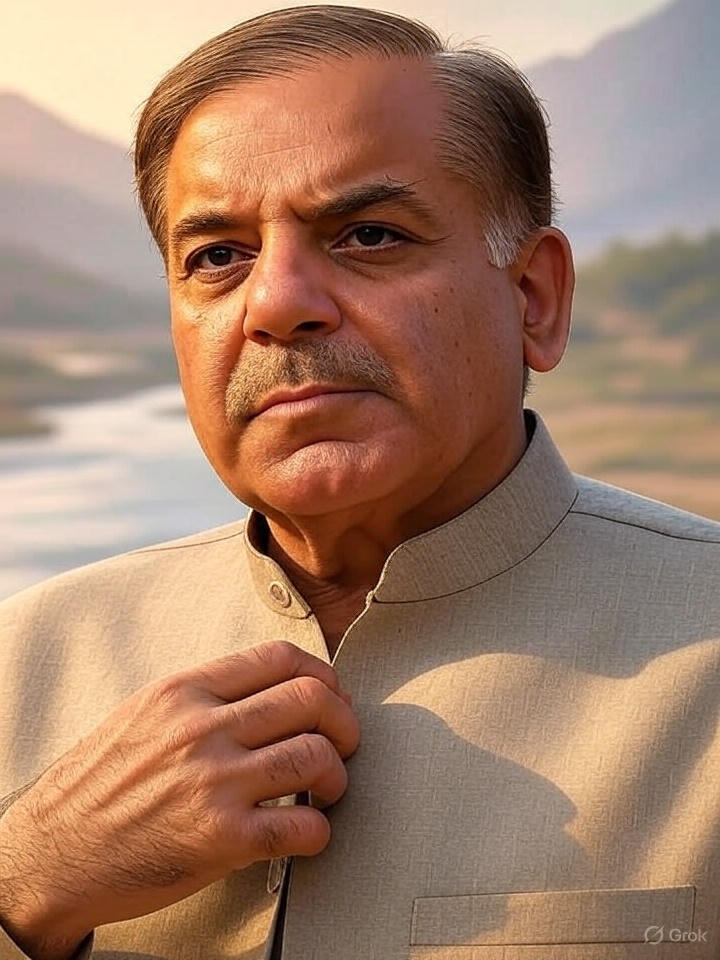
.jpeg)
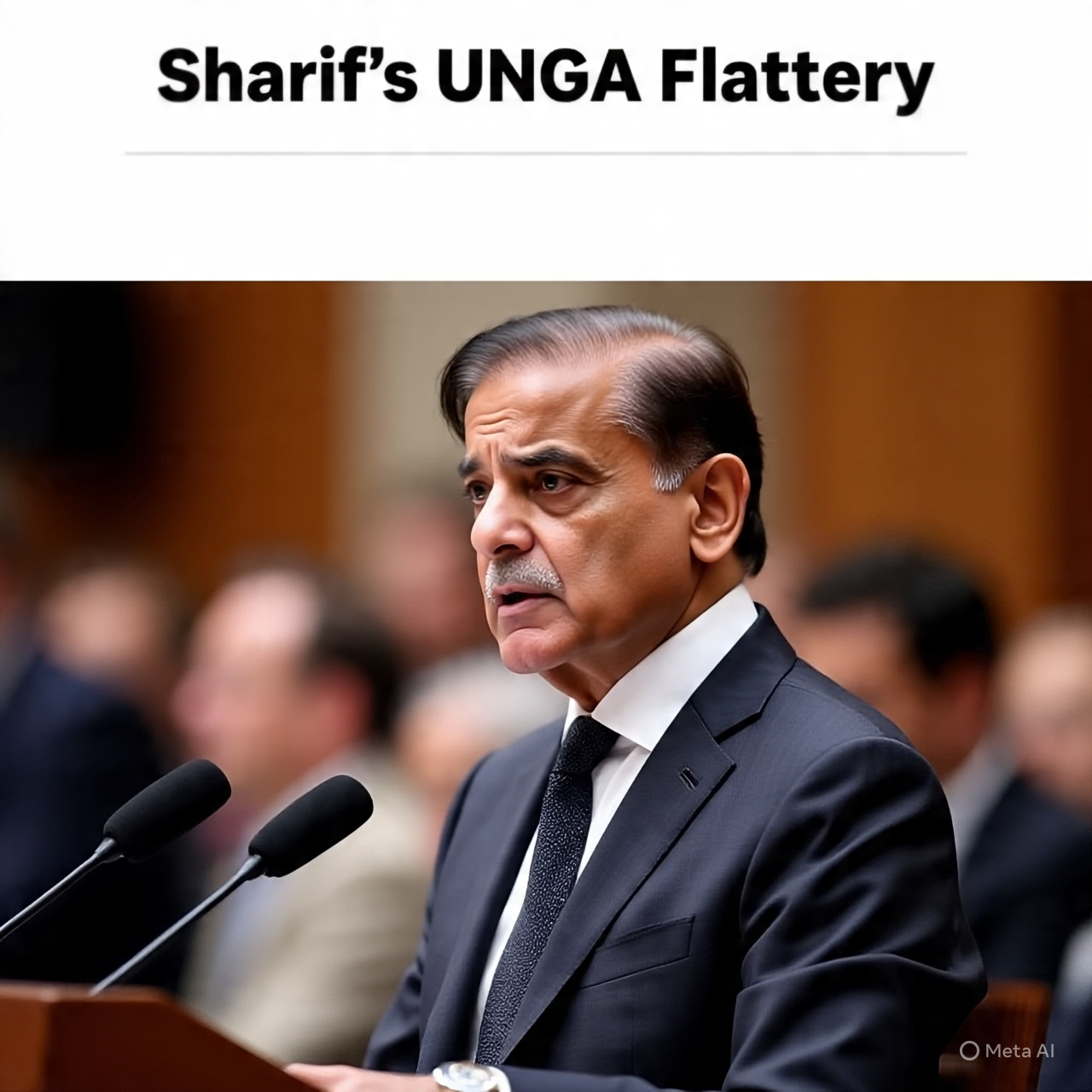
.jpeg)
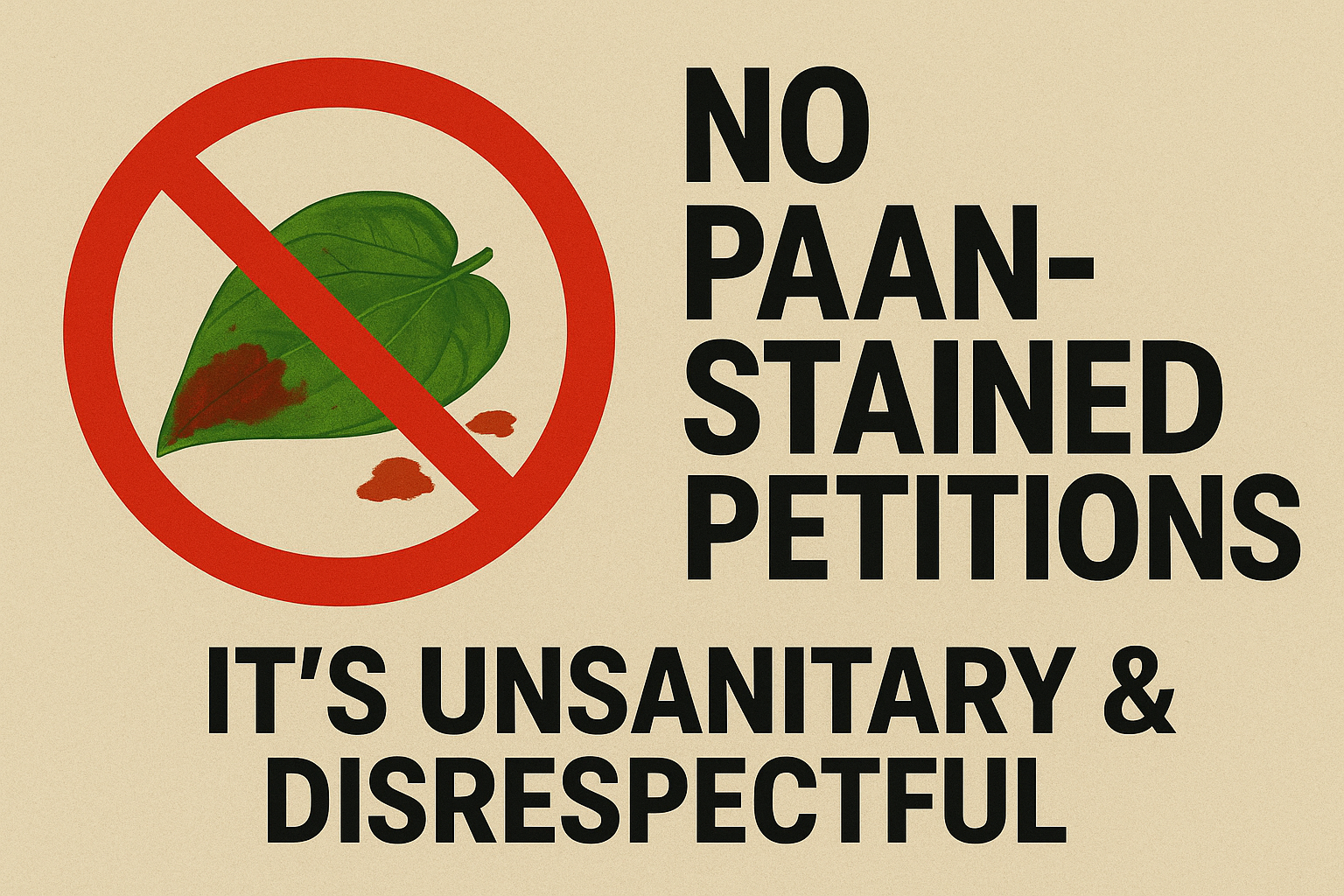

.jpeg)

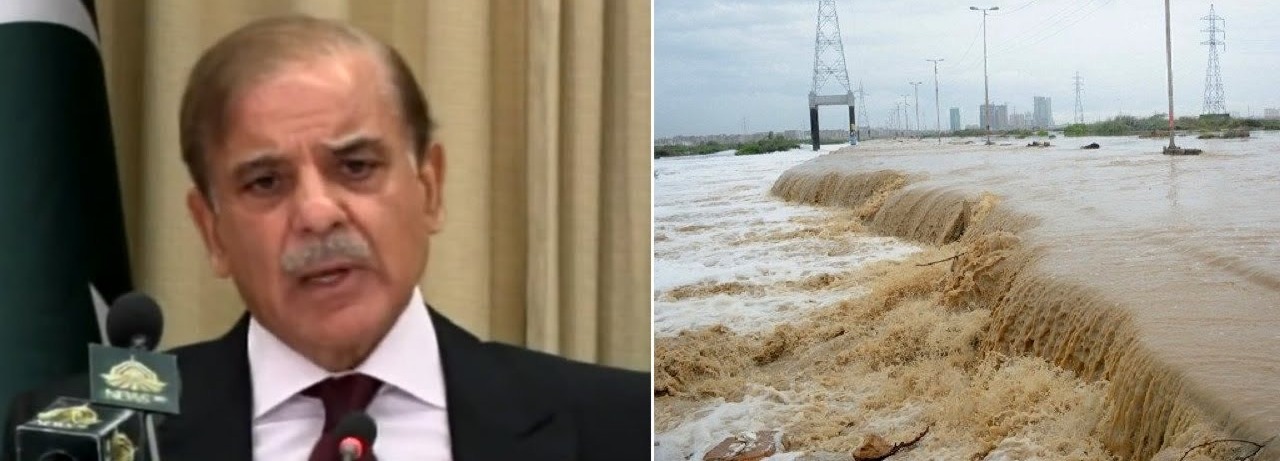
.jpeg)
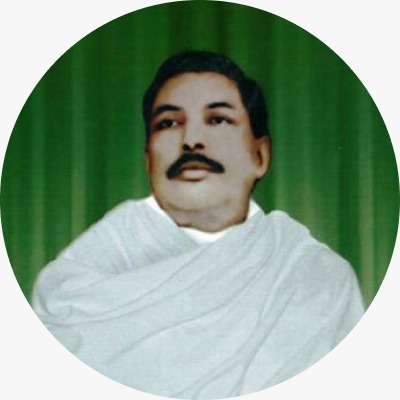
.jpeg)